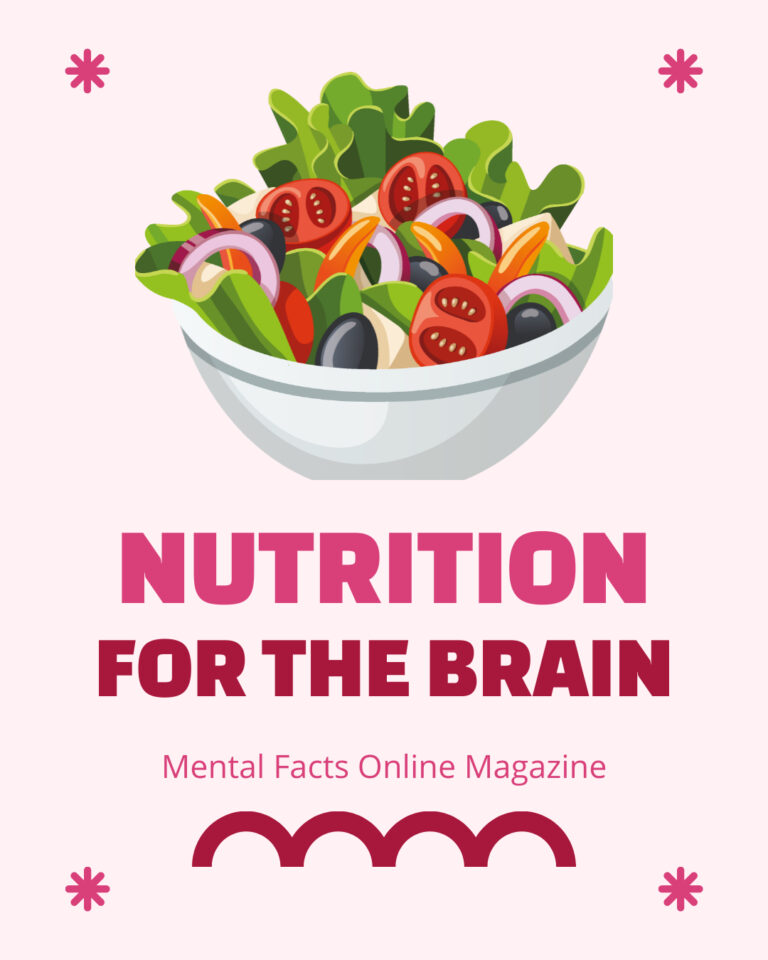Nutritional Strategies for a Healthy Brain: Evidence-Based Approaches for Cognitive Wellness
Fundamentals of Brain Nutrition
Proper nutrition plays a crucial role in maintaining optimal brain health and function. The brain relies on specific nutrients to support cognitive processes, neurotransmitter production, and overall neurological well-being.
Role of Macro and Micronutrients in Brain Health
Macronutrients like carbohydrates, proteins, and fats are essential for brain function. Carbohydrates provide glucose, the brain’s primary energy source. Complex carbohydrates offer sustained energy release, supporting cognitive performance throughout the day.
Proteins supply amino acids necessary for neurotransmitter synthesis. These chemical messengers facilitate communication between brain cells and influence mood, memory, and concentration.
Micronutrients, including vitamins and minerals, play vital roles in brain health. Iron supports oxygen transport to the brain, while zinc aids neurotransmitter function. Magnesium contributes to nerve signal transmission and learning processes.
Antioxidants in fruits and vegetables protect brain cells from oxidative stress. This protection may help preserve cognitive function and reduce the risk of age-related mental decline.
Essential Fatty Acids and Cognitive Function
Omega-3 fatty acids, particularly DHA and EPA, are crucial for brain structure and function. These fats form a significant portion of brain cell membranes, facilitating neuron communication.
DHA is essential for brain development in infants and young children. It supports learning, memory formation, and attention span.
EPA contributes to reducing inflammation in the brain, potentially lowering the risk of neurodegenerative diseases. Studies suggest that adequate omega-3 intake may help maintain cognitive function as we age.
Fatty fish, flaxseeds, and walnuts are sources of omega-3s. Incorporating these foods into one’s diet can support brain health and cognitive performance.
Influence of Vitamins on Neurological Processes
B-complex vitamins play critical roles in brain function. Vitamin B12 is essential for nerve cell health and the production of myelin, which insulates nerve fibres. Deficiency can lead to cognitive impairment and memory issues.
Folate (vitamin B9) supports neurotransmitter function and may help prevent cognitive decline. It’s essential for fetal brain development during pregnancy.
Vitamin D receptors are present throughout the brain. This vitamin influences neurotransmitter synthesis and nerve growth. Low levels have been associated with an increased risk of cognitive impairment and depression.
Vitamin E, an antioxidant, protects brain cells from oxidative damage. Some studies suggest it may help slow cognitive decline in older adults.
Hydration and Its Impact on Brain Function
Water is essential for optimal brain function. Even mild dehydration can affect cognitive performance, including attention, memory, and processing speed.
Proper hydration supports blood flow to the brain, ensuring efficient delivery of nutrients and oxygen. It also aids in the removal of metabolic waste products.
Dehydration can lead to electrolyte imbalances, potentially affecting neurotransmitter function and neural signalling. This can result in headaches, mood changes, and decreased mental performance.
It is crucial to maintain adequate hydration throughout the day. Water needs vary based on age, activity level, and climate. Drinking water regularly and consuming water-rich foods can help meet hydration needs.

Dietary Patterns for Optimal Brain Performance
Certain eating habits can significantly enhance cognitive function and protect against age-related decline. These strategies focus on nutrient-dense foods and specific dietary approaches that support brain health.
Benefits of the Mediterranean and MIND Diets
The Mediterranean and MIND diets have shown promising results for brain health. These diets emphasize consuming:
- Leafy greens and vegetables
- Berries and other fruits
- Whole grains
- Fish rich in omega-3 fatty acids
- Nuts and seeds
- Olive oil
Research indicates these diets may reduce the risk of cognitive decline and Alzheimer’s disease. They provide essential nutrients that support brain function and protect against oxidative stress.
The MIND diet, in particular, combines elements of the Mediterranean diet with specific foods known to benefit brain health. It recommends limiting red meat, butter, and sweets while encouraging regular consumption of brain-boosting foods.
Anti-inflammatory and Antioxidant-Rich Foods
Inflammation and oxidative stress can negatively impact brain health. Incorporating anti-inflammatory and antioxidant-rich foods may help protect cognitive function:
- Berries (blueberries, strawberries, blackberries)
- Leafy greens (spinach, kale, collard greens)
- Nuts (walnuts, almonds)
- Fatty fish (salmon, mackerel, sardines)
- Turmeric and other spices
These foods contain compounds that combat free radicals and reduce inflammation in the brain. Omega-3 fatty acids in fatty fish are essential for brain health. They support cell membrane integrity and neurotransmitter function.
Strategic Fasting and Cognitive Enhancement
Intermittent fasting and time-restricted eating may offer cognitive benefits. These approaches can:
- Improve insulin sensitivity
- Reduce inflammation
- Enhance cellular repair processes
Studies suggest fasting may promote the growth of new neurons and improve cognitive performance. It may also increase brain-derived neurotrophic factor (BDNF) levels, a protein crucial for learning and memory.
Fasting periods can range from 12 to 16 hours, typically overnight. This approach allows the body to shift from glucose metabolism to ketone production, which some researchers believe may benefit brain function.
Consult a healthcare professional before starting any fasting regimen, especially for individuals with existing health conditions.
Adopting Nutritional Habits for Long-Term Brain Health
Proper nutrition is crucial in maintaining cognitive function and preventing age-related decline. By incorporating specific dietary strategies, individuals can support their brain health.
Addressing Age-Related Cognitive Decline
Cognitive decline is a common concern as people age. Certain nutrients have shown promise in slowing this process. Omega-3 fatty acids in fish and flaxseeds support brain cell structure and function.
Berries and leafy greens contain antioxidants that protect against oxidative stress. B vitamins, particularly B12 and folate, are essential for neurotransmitter production.
Consuming these nutrients regularly may help preserve memory and cognitive abilities in older adults. A Mediterranean-style diet, rich in fruits, vegetables, and lean proteins, has been associated with a reduced risk of dementia.
Food Intake, Mental Health, and Neuroprotection
Diet significantly impacts mental health and brain protection. Consuming a balanced array of nutrients supports neurotransmitter production and regulation.
Foods high in tryptophan, such as turkey and eggs, boost serotonin levels. This may help alleviate symptoms of depression and anxiety.
Polyphenols found in green tea and dark chocolate have neuroprotective properties. These compounds can reduce inflammation and oxidative stress in the brain.
Adequate hydration is crucial for optimal brain function. Even mild dehydration can negatively affect mood and cognitive performance.
The Impact of Diet on Brain Diseases
Dietary choices can influence the risk and progression of various brain diseases. A diet high in saturated fats and refined sugars may increase the likelihood of developing neurodegenerative conditions.
Conversely, a diet rich in fruits, vegetables, and whole grains may lower the risk of Alzheimer’s disease. The MIND diet, which combines elements of Mediterranean and DASH diets, has shown promising results in reducing cognitive decline.
Managing blood sugar levels through diet can help prevent type 2 diabetes, a known risk factor for dementia. Limiting alcohol consumption and avoiding processed foods may contribute to long-term brain health.











